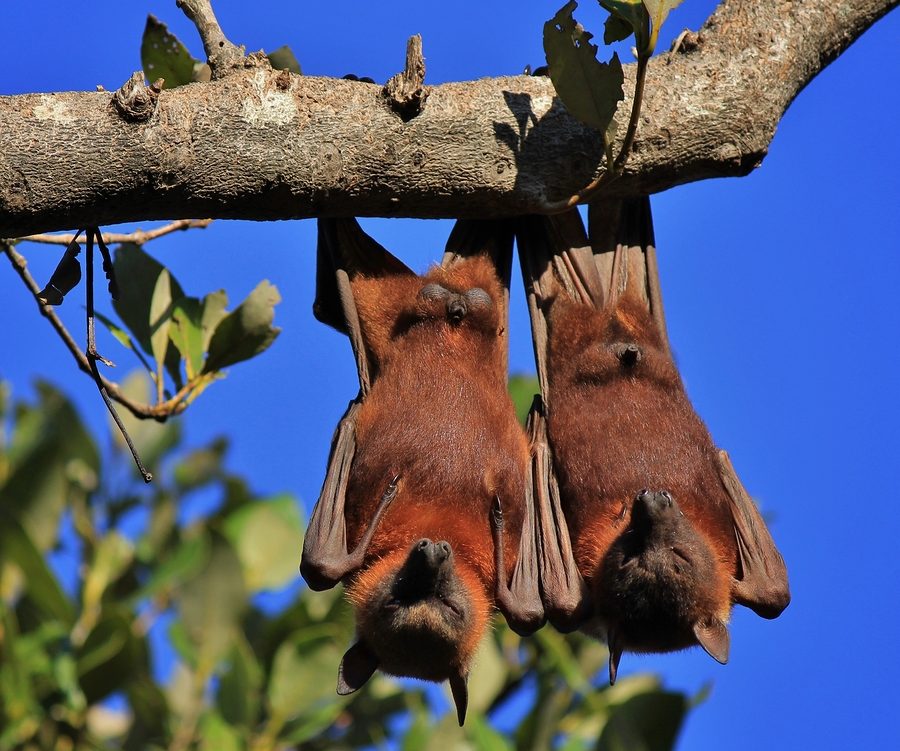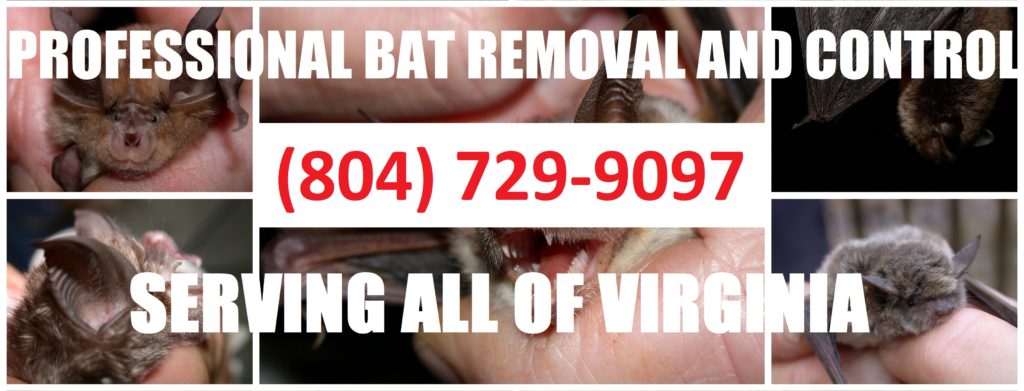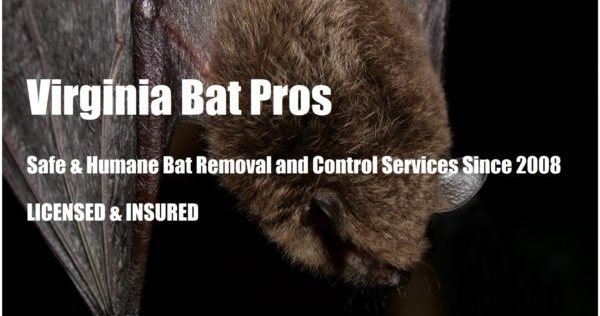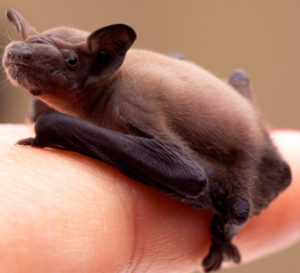If you are having trouble with nuisance bats in your area, you may have done some research to learn your options for abatement. In fact, that is probably why you have found yourself on this very blog page! On your journey to learning more about nuisance bat control, you may have come across a species of bat known as Flying Foxes. You may even have come across some pictures of them, leaving you in quite the fright. They are big, and scary-looking, after all. But not to worry; you will not come across a Flying Fox in Virginia. This suborder of bats are not native to our region, but rather, in tropical and subtropical locations.
Continue reading to learn more about flying foxes, as well as, how to safely manage your nuisance bat issues.

Classification of Bats
Bats are part of the Animal Kingdom, and further broken down into narrower classifications, including the Chordata Phylum, Mammalia Class, and of course, the Chiroptera Order. Within the Chiroptera Order, bats are categorized into one of two suborders: Microchiroptera and Megachiroptera. Also referred to as microbats and megabats, these suborders are quite different in size, diet, habitat, and more.
So where do Flying Foxes fit in? They are part of the Megachiroptera suborder, while bats found here in Virginia belong to the Microchiroptera suborder. Megachiroptera bats only includes one family, Pteropodidae, but can be further narrowed into 7 Subfamilies, including Nyctimeninae, Cynopterinae, Harpiyonycterinae, Macroglossinae, Pteropodinae, Rousettinae, and Epomophorinae, and 166 different species.
Megabats
Flying Foxes are indeed, megabats. They are the largest bats on the planet, ranging in size depending on the particular species. The Large Flying Fox (Pteropus vampyrus), also known as the Greater Flying Fox, Malayan Flying Fox, Malaysian Flying Fox, Large Fruit Bat, Kalang or Kalong, is the largest of them all, achieving wingspans and forearm lengths up to 5 feet.
They go by many colloquial names, including Old World Fruit Bats, or simply, Fruit bats. They do not eat insects, small birds, small amphibians, nor animal blood. Instead, as their name so obviously implies, Flying Foxes consume fruit; either the nectar, the flesh, or both. Furthermore, they do not use echolocation like microbats. Instead, they have great eyesight and a large visual cortex, which they use conjointly to navigate around.
Where to Get Nuisance Bat Control in Virginia
Contact Virginia Bat Pros at 804-729-9097 for safe and humane bat removal and control at a fair price. Regardless of the size or scope of your bat abatement and cleanup needs, we have the experience and resources necessary to remedy your bat problem in no time at all. Our professionals are focused on safe and effective results, but more importantly, our client’s complete satisfaction. Contact us anytime for free estimates, advice, and assistance.





